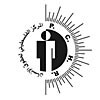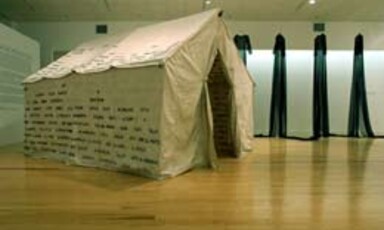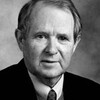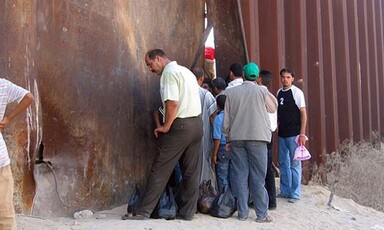
CNI Public Hearing: "Dual Occupations, Dual Jeopardy"
29 September 2005
The links between the U.S. occupation of Iraq and the Israeli occupation of the West Bank, Gaza and Golan Heights were emphasized in a September 26th public hearing sponsored by the Council for the National Interest at the Hart Senate Office Building in Washington DC. The speakers were Kevin Zeese, Director of Democracy Rising and a candidate for U.S Senate in Maryland; Phyllis Bennis, a Fellow at the Institute for Policy Studies; and Huwaida Arraf, co-founder of the International Solidarity Movement. Read more about CNI Public Hearing: "Dual Occupations, Dual Jeopardy"








